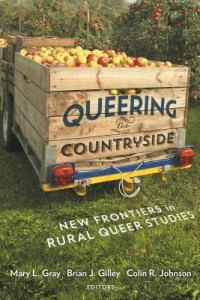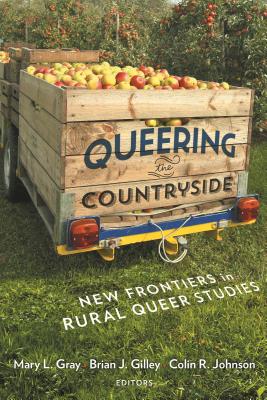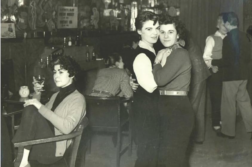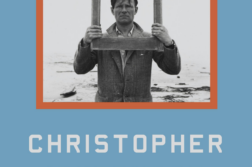 Queering the Countryside: New
Queering the Countryside: New
Frontiers in Rural Queer Studies
Edited by Mary L. Gray, Colin R. Johnson, and Brian J. Gilley
NYU Press. 416 pages, $30.
IN THE 1700s, the first century in which narratives about ordinary people were deemed important enough to write and to read, the Bildungsroman—the “novel of education”—was born. Back in the day, a typical novel of this type featured an achingly sensitive young man who felt stifled by his parents’ expectations and so fled to the nearest big city to discover the lures and dangers of the coffee houses, the theater, the political and artistic “underground,” and romance (not marriage) with “unsuitable” companions. When gay and lesbian “coming out stories” began to appear as a genre in the 1970s, they were really not as original as they seemed. Real and fictional characters had been fleeing the conservatism of the provinces to form new sexual identities in the wicked city for two centuries.
That the modern gay rights movement exists only in cities is an assumption that’s so entrenched as rarely to be questioned. Queering the Countryside is a quirky, interdisciplinary collection of essays that question this assumption of “metronormativity” while also challenging whether a city of strangers is always the best place for a gay or lesbian person to find true love. These essays discover important loci of “queerness” in places as far-ranging as male-only logging camps in the Old West and today’s teen bedrooms, where a lonely farm boy or girl can find companionship and even love on-line.







